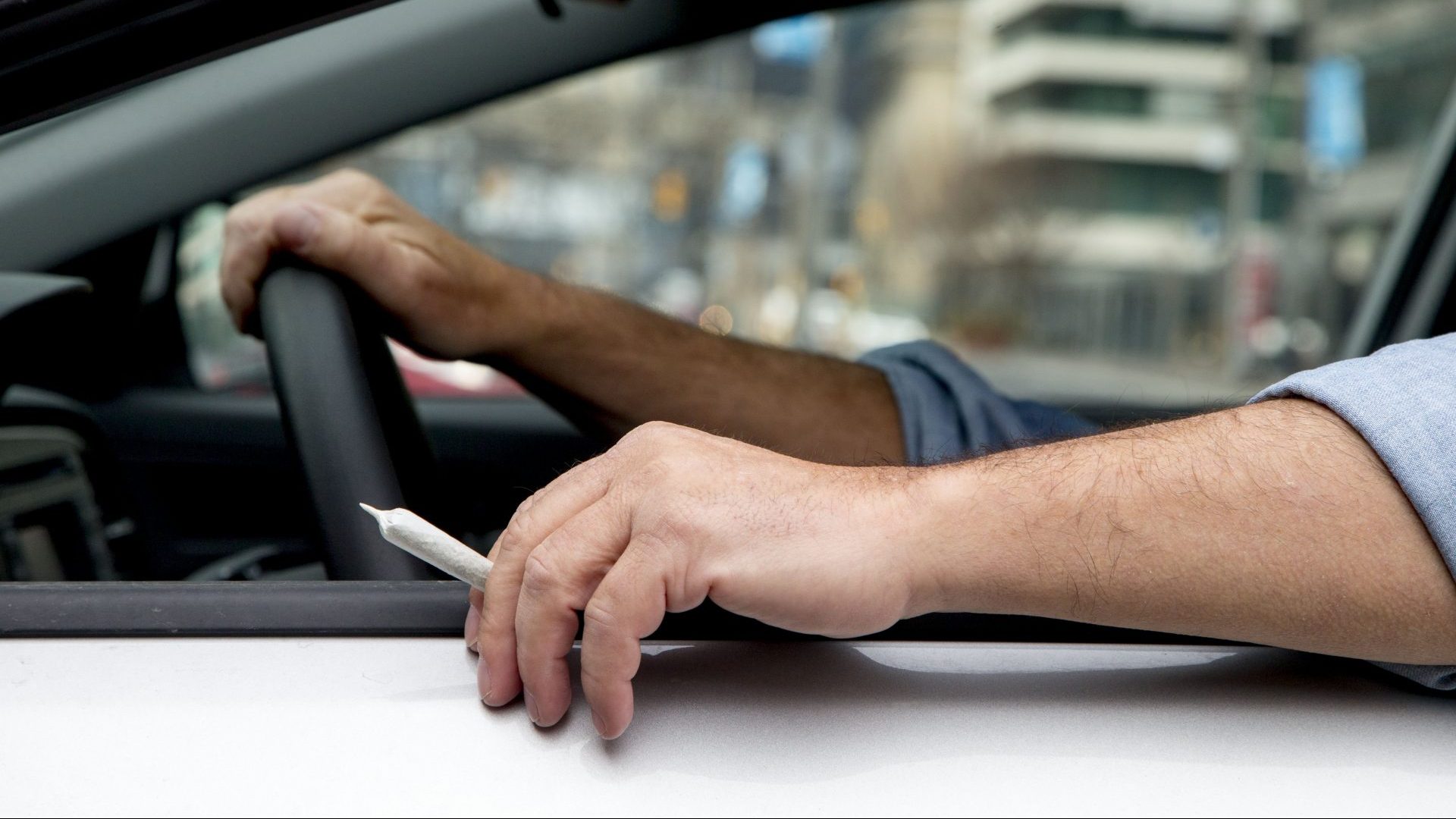

According to a joint (no pun intended) study by the Insurance Institute for Highway Safety (IIHS) and Highway Loss Data Institute (HLDI), American states that have legalized marijuana have higher rates of car accidents than neighboring states where the plant remains illegal.
Using data spanning a period from January of 2012 through October of 2017, the HLDI found that in Colorado, Oregon, Washington, and Nevada, the rate of collision claims per insured vehicle rose by up to six percent following the legalization of commercial marijuana sales. These were then compared to control variable states including Idaho, Wyoming, Montana, and Utah. Analysts reached these figures while accounting for other variables such as weather, urban-rural exposure, unemployment, and more.
The IIHS estimates that Colorado, Oregon, and Washington saw their crash rate increase by an average of 5.2 percent post-legalization.
“Despite the difficulty of isolating the specific effects of marijuana impairment on crash risk, the evidence is growing that legalizing its use increases crashes,” stated IIHS-HLDI President David Harkey. “The new IIHS-HLDI research on marijuana and crashes indicates that legalizing marijuana for all uses is having a negative impact on the safety of our roads. States exploring legalizing marijuana should consider this effect on highway safety.”
Data scientists for the IIHS and HLDI were unable to determine how variations on marijuana laws between states affected crash rates. Additionally, it may be difficult to correctly gauge the increase in crash rates within rapidly growing states such as Colorado, whose population swelled almost 10 percent over the period from which the study derives its data.
While many states have laws against driving while high, their enforcement proves difficult, as the plant’s psychoactive substance THC is almost undetectable in breath and may persist for days after use in blood, ruling out the effectiveness of traditional test methods. Though some marijuana users
make it easy for cops to catch them, stealthier stoners ought to clean up their act too: A California startup is working on an ultra-sensitive breathalyzer that can pick out high drivers by detecting THC in breath, in levels lower than five parts per trillion.